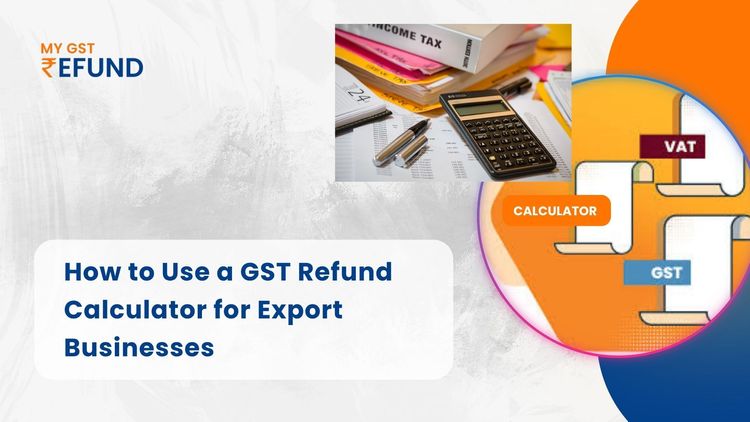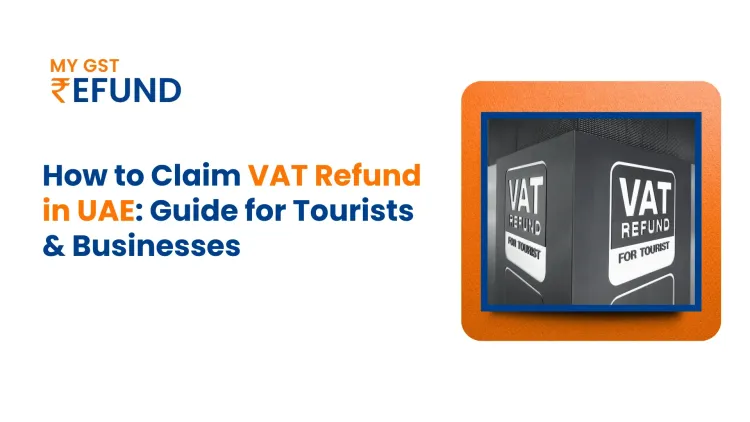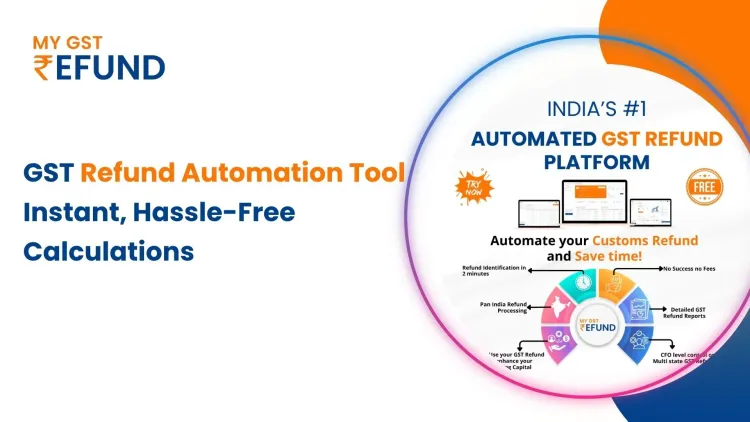Understanding TCS under GST: Everything You Need to Know
Published on: Tue Apr 11 2023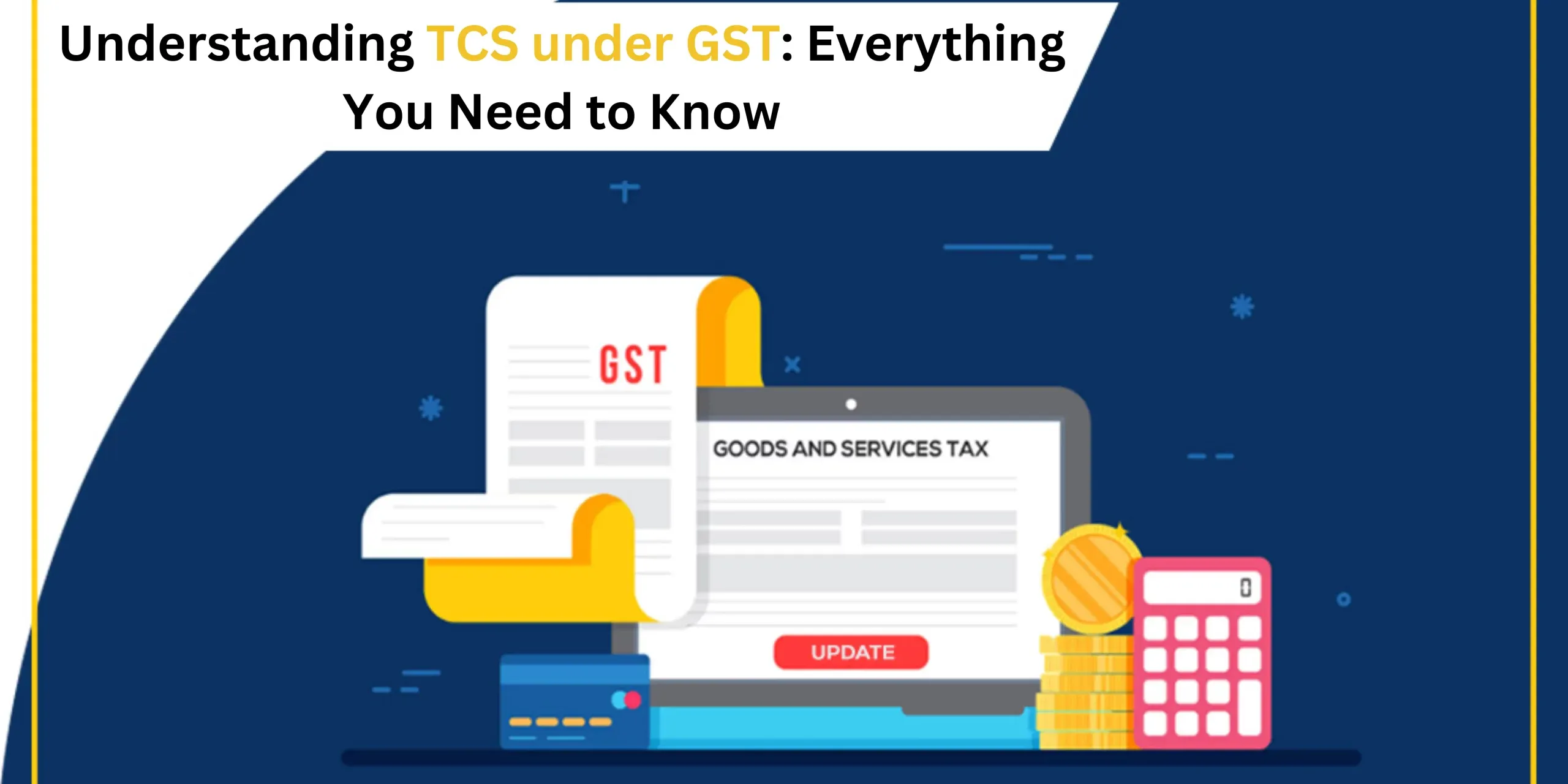
What is TCS under GST
TCS is an acronym for Tax Collected at Source. In the context of GST regulations, all e-commerce operators are required to collect 0.5% under the CGST Act and 0.5% under the SGST Act. If the transaction is between states, the e-commerce operator must collect 1% (under IGST Act) of the net value of taxable supplies facilitated by them.
Who is liable to collect TCS under GST?
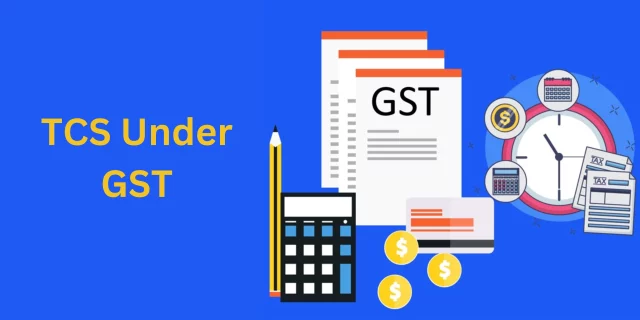
E-commerce operators will collect TCS when they make a payment to vendors. This payment represents the consideration collected on behalf of the vendor for supplies made through the online portal. The tax will be collected based on the net value of taxable supplies.
When will the liability of collecting TCS arise
When a user receives a payment and attaches an invoice to the transaction, the TCS amount is calculated based on the full payment amount. This TCS amount is then reversed through a related voucher.
What is the rate applicable under TCS
The rate of TCS under GST is 1% of the net taxable value of the goods or services sold through the e-commerce platform.
Registration requirements under TCS provisions of GST
E-commerce operators who are liable to collect TCS must register under GST, regardless of their turnover, and there is no exemption based on the threshold limit. Additionally, sellers who supply goods through e-commerce platforms are also required to register under GST, except for a few exceptions.
- Each and every e-commerce business that is obligated to collect TCS must register for GST.
- Every supplier who engages in e-commerce, with the exception of those who make supplies that are subject to notification under section 9(5) of the CGST Act.
The following services are included in Section 9(5): providing passenger transportation by radio-taxi and motorbike OR staying in hotels and guesthouses for residential or lodging purposes (unregistered providers) OR housekeeping services, such as plumber and carpenter work, etc.(unregistered suppliers).
The e-commerce operator must pay GST and adhere to compliance in all three situations. Suppliers are not required to register as long as they do not exceed the registration threshold of Rs. 20 lakh (or Rs. 40 lakh) if they provide the services stated in 9 (5).
- Take notice that service providers that sell via an e-commerce platform do not need to register if their combined annual revenue is less than Rs. 20 lakh or Rs. 40 lakh. (assuming they do not make inter-state supplies).
- Vendors of products who sell on an online marketplace are not excluded from registration.
- Every state to which an e-commerce business distributes products or services requires that it register for the GST.
To Read Our Detailed Blog on GST Click Here…
Due date for depositing TCS
Tax Deducted at Source (TDS) and Tax Collected at Source (TCS) is two different concepts. TDS refers to the amount of tax that must be deducted from the payment made by an individual to the recipient at a specified rate and deposited with the government as per the Income Tax Act. On the other hand, in the case of TCS, the individual receiving the payment is responsible for collecting tax from the payer and depositing it with the government.
TDS payment due dates
| April | 7th May |
| May | 7th June |
| June | 7th July |
| July | 7th August |
| August | 7th September |
| September | 7th October |
| October | 7th November |
| November | 7th December |
| December | 7th January |
| January | 7th February |
| February | 7th March |
| March | 30th April |
How to compute the taxable value of the supplies for TCS
Determine the gross value of the supplies made through the e-commerce platform, including any taxes charged on the invoice.
Exclude any discounts or other deductions allowed by the supplier before arriving at the net value of the supplies.
The TCS is then calculated as a percentage of this net value, which is 0.5% under both the CGST Act and SGST Act, and 1% under the IGST Act for inter-state supplies.
The amount of TCS collected must then be deposited with the government within the stipulated time frame.
Which form can one use to file TCS returns?
Form 27EQ is a return form that provides information regarding tax collected at source, as per Section 206C of the Income Tax Act, 1961. It needs to be filed every quarter by both corporate and government collectors and deductors.
Using GSTR-8 data by e-commerce sellers in GSTR-2A
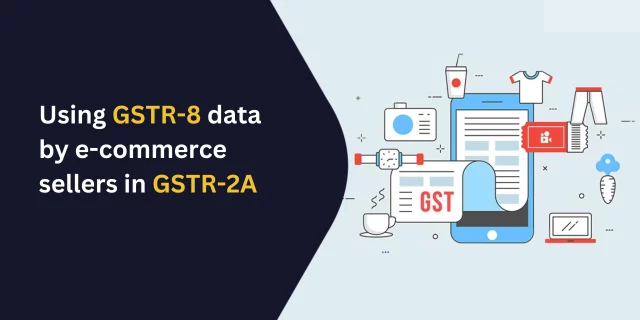
E-commerce sellers can use the data from GSTR-8 to file their GSTR-2A. The GSTR-8 is a return that e-commerce operators file to report TCS collected from vendors. The GSTR-2A is an auto-generated form that reflects the purchases made by a registered taxpayer from a supplier. By using the GSTR-8 data, e-commerce sellers can reconcile their purchases made through the e-commerce operator and the TCS collected by them. This helps in ensuring accurate reporting of transactions and can help in avoiding any discrepancies that may arise during the filing of returns.
Under GST, e-commerce operators who are required to deduct TCS (Tax Collected at Source) must file GSTR-8. This return contains information about the supplies made through the e-commerce platform and the amount of TCS collected on these supplies.
Every e-commerce operator registered under GST must file GSTR-8. An e-commerce operator is defined under the GST Act as any person who owns or manages a digital or electronic platform for electronic commerce, such as Amazon. All such e-commerce operators are required to obtain GST registration and register for TCS (Tax Collection at Source) as well.
E-Invoicing Impact on TCS and e-Commerce Operators
The implementation of e-Invoicing in India is being rolled out in stages. It was first implemented on 1st October 2020 for taxpayers with a turnover of more than Rs.500 crore. Later, it was made mandatory for businesses with turnover higher than Rs.100 crore and Rs.50 crore from 1st January 2021 and 1st April 2021, respectively. The government then extended the e-invoicing requirement to businesses with a turnover of more than Rs.20 crore from 1st April 2022. The latest update is that it will apply to those with a turnover exceeding Rs.10 crore from 1st October 2022.
Impact of the TCS provisions
The TCS provisions have several impacts, particularly on e-commerce operators, vendors, and customers. E-commerce operators must collect and remit TCS on behalf of vendors, which adds to their compliance burden. Vendors may face a reduction in their cash flow as TCS is deducted from their payment, and they may also have to deal with the additional compliance of filing TCS returns. Customers may face higher prices as vendors could pass on the cost of TCS to them. However, TCS also helps to curb tax evasion and ensures that taxes are collected from e-commerce transactions, making it a crucial aspect of the GST regime.
FAQs
-
What is exempt in TCS under GST?
There are certain exemptions from TCS under GST, such as if the supplier is located outside India, if the goods or services are exempted from GST, or if the supplier is registered under GST and has already paid tax on the transaction.
-
Can the supplier claim credit for the TCS collected by the e-commerce operator?
Yes, the supplier can claim credit for the TCS collected by the e-commerce operator in their GST return.
-
Is TCS applicable to all e-commerce transactions?
No, TCS is applicable only for transactions made through an e-commerce platform where the payment is collected by the operator on behalf of the supplier.
Are you Looking for GST Refund Service? Mygstrefund.com offers GST refunds on business, exports, and many more if your GST application is rejected. Get in touch with us today.
Related Posts


